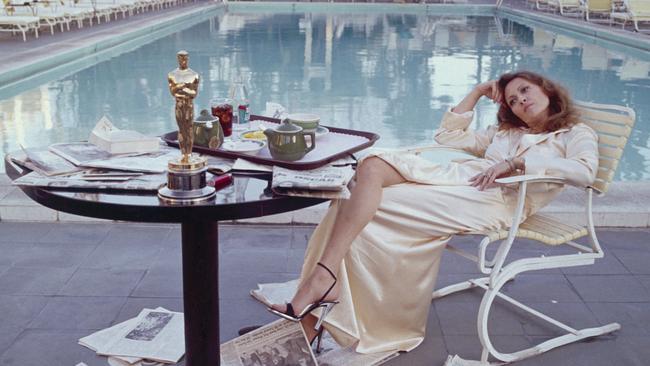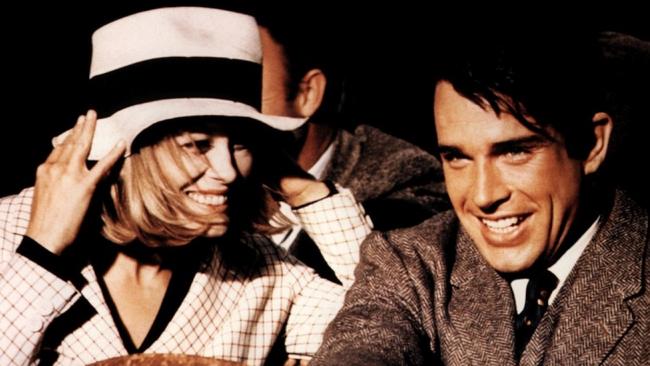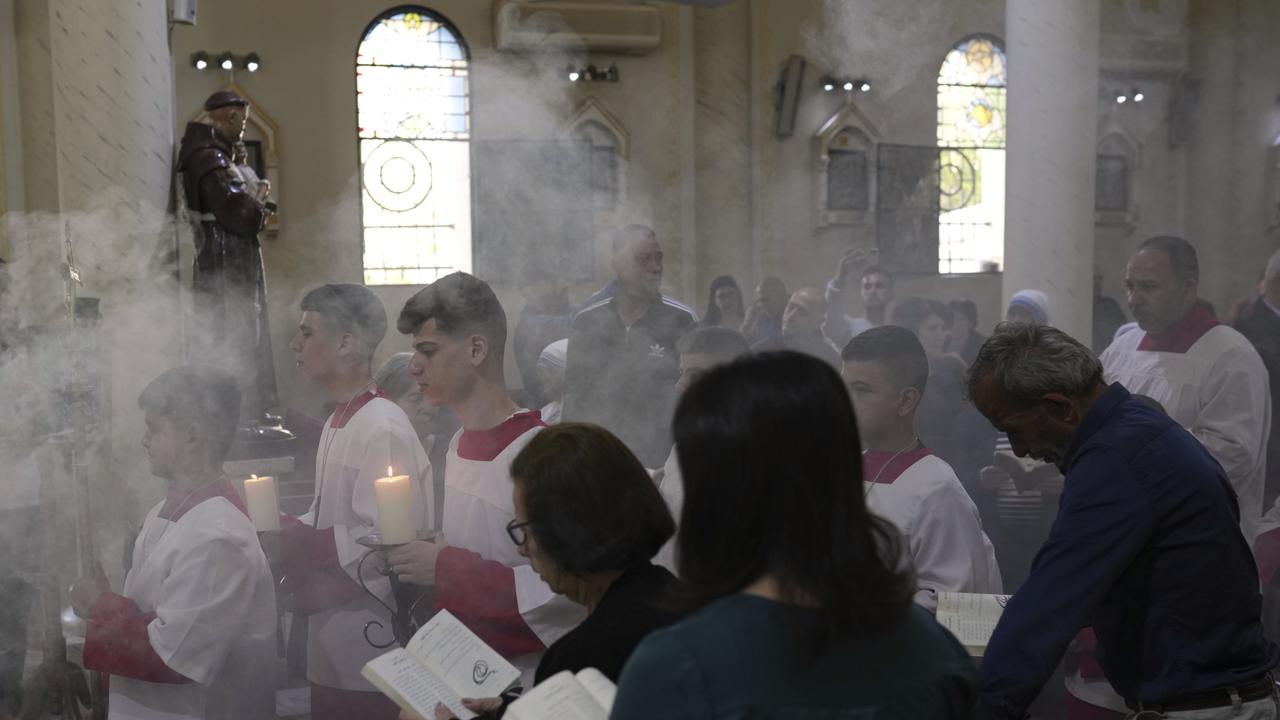Faye Dunaway, a singular ‘70s star
The actress’s varied film career and enigmatic persona are the subject of a documentary by Laurent Bouzereau.

Leading with its chin, Faye makes plain right away that its subject, Oscar-winning actor Faye Dunaway, was a problem child, even by Hollywood standards. “Thank God, there’s medication,” she says, not laughing about it all too much, blaming her misbehaviour on bipolar disorder, but blaming no one else at all.
She settles down. So do we: the subject was, after all, one of the better actors and most beautiful stars during a sublime period of American cinema – the late ’60s and ’70s of The Godfather, Taxi Driver, Nashville and Annie Hall.
For Dunaway, the spectacular output included Bonnie and Clyde, The Thomas Crown Affair, Chinatown and Network, for which she won her Academy Award. The famous morning-after photo, taken poolside by husband-to-be Terry O’Neill, shows a slouching Dunaway, surrounded by the scattered morning papers and casting an “Is that all there is?” side-eye at the shiny statuette.
It is a singular portrait, one of the first images provided by director Laurent Bouzereau, but it is just the start: from there, Bouzereau proceeds to immerse his viewer in Dunaway’s photographic history, a survey of stills and clips that reveals, seduces and astounds, in the sense that one woman could be so stunning in so many ways, so interpretative, so indelible.
The imagery distracts from the rather conventional documentary format adopted by Bouzereau.
Friendly heads materialise to talk about Dunaway as an actor, inspiration and “complicated” personality (Annette Insdorf, of Columbia University.) Likewise, writer Mark Harris, whose Five Came Back, about Hollywood directors who served in World War II, was directed for the screen by Bouzereau. Sharon Stone exalts her good friend in rather theatrical fashion.
But it is Dunaway herself – interviewed in what seem like two distinct and lengthy sessions – who provides the narrative. It involves a little Southern girl from a troubled family dreaming of the theatre, becoming a Sweetheart of Sigma Chi and appearing on the New York stage under Elia Kazan’s leadership at Lincoln Centre.
Director Arthur Penn himself threatened to quit Warren Beatty’s production of Bonnie and Clyde if Dunaway weren’t cast as Bonnie. And as is pointed out, any actor not named Dunaway – Natalie Wood, Tuesday Weld, Jane Fonda or the others under serious consideration – would have made it a very different movie.
But it was also a different world: as Harris notes, after its release in the northern summer of 1967 “it took five or six months before the movie really started to take off”. Unthinkable today.

Dunaway was a relatively unknown quantity when she made Bonnie Parker into a fashion statement. Thereafter she was global, though her subsequent choice of roles was never consistent, nor always wise.
She talks about the big films, and the regrets she has about some (notably Mommie Dearest). But others are simply skipped: Her Three Musketeers period, The Towering Inferno and, oddly, her TV movie about evangelist Aimee Semple McPherson, which got no small amount of attention at the time (1976) and about which Tonight Show guest Bette Davis once rendered a withering verdict on Dunaway as a co-star. (“Totally impossible.”)
Fans of other Dunaway films will be delighted: she does a deep dive into her experiences on Chinatown (during which Jack Nicholson dubbed her “Dread”); the character development of Diana Christensen in Network; her terrific and often overlooked performance in Barfly opposite Mickey Rourke (the only person less recognisable here than Dunaway); and, naturally, her Joan Crawford interpretation in Mommie Dearest, a sequence in which several people take potshots at director Frank Perry, who isn’t around to defend himself, or his now camp classic.
There is an apologetic quality to Faye, though that stems from Dunaway herself, who is quick to admit mistakes and foibles – that Barfly, for instance, had a bit of her own substance abuse history at its roots. The inclusion of what would ordinarily be blooper-reel stuff seems catty – she doesn’t like her seat, her angle, the timing. (“Can we shoot? We need to shoot. I’m here now. C’mon. I really would like to shoot.”) But it is also strategic: we are set up to dislike her, but we do not. We like her very much, despite, or thanks to, the potent sense of diva that lingers.
The Wall Street Journal
Faye is streaming on Foxtel and Binge.






To join the conversation, please log in. Don't have an account? Register
Join the conversation, you are commenting as Logout